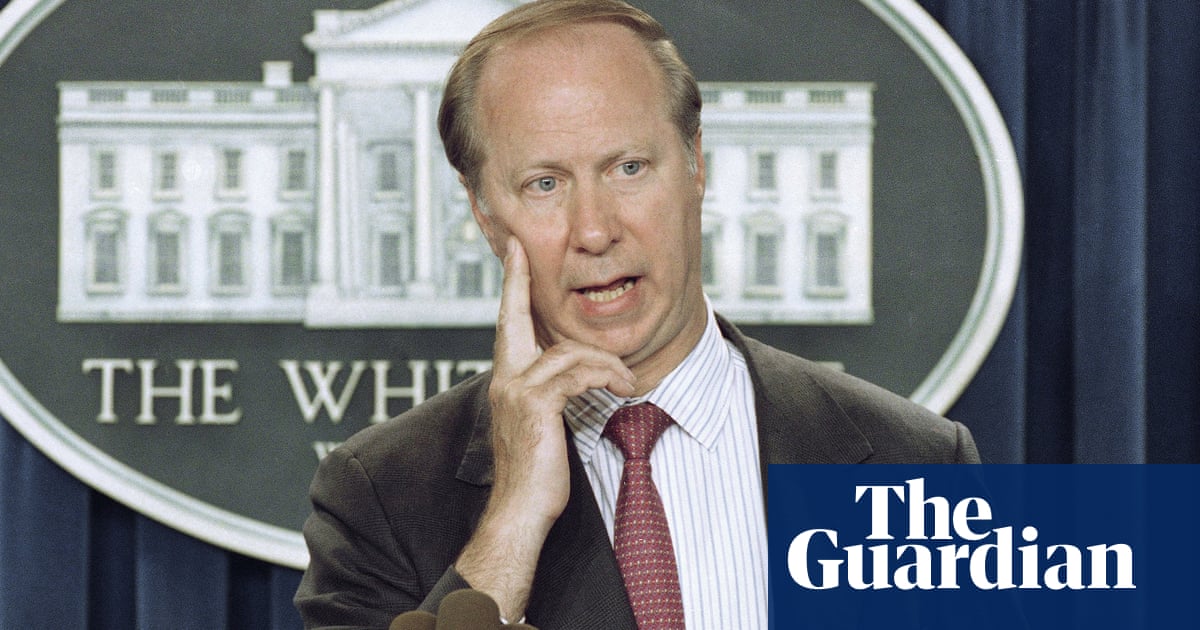David Gergen: A Legacy of Leadership and Bipartisanship
David Gergen, a stalwart in American politics and a guiding voice for four U.S. presidents, has passed away at the age of 83. His influence spanned decades, intertwining government service, academia, and media to leave a substantial mark on the political landscape. Gergen was not just a spectator of history; he played a pivotal role in shaping it.
The Iconic Rhetorical Question
Among Gergen’s most famous contributions was a powerful rhetorical question he crafted for Ronald Reagan during the 1980 presidential debate against Jimmy Carter: “Are you better off than you were four years ago?” This line struck a profound chord with a nation struggling under the weight of inflation and the Iran hostage crisis. The resounding answer was a resounding "no," contributing significantly to Reagan’s victory. Reflecting on this moment years later, Gergen observed, “Rhetorical questions have great power,” akin to striking gold while panhandling in the river—an apt metaphor for the serendipity of effective communication.
A Career Across Four Administrations
Gergen’s career in politics began after serving in the U.S. Navy in the 1960s. In 1971, he joined Richard Nixon’s administration as a speechwriting assistant, quickly advancing to become the director of speechwriting just two years later. His political journey continued as he served as the director of communications for Gerald Ford and Ronald Reagan, and as a senior adviser under President Bill Clinton and Secretary of State Warren Christopher. This lengthy tenure not only showcased his adaptability across different political ideologies but also underlined his deep understanding of the mechanisms of government.
Contributions to Media and Academia
In addition to his government roles, Gergen carved out a successful career in media. He held positions as an editor at U.S. News & World Report, worked on PBS’s MacNeil/Lehrer NewsHour, and contributed to networks like CNN and CBS. His insights and analysis made him a familiar face in American households, blending journalistic integrity with his political expertise.
After concluding his time in government, Gergen returned to academia, founding the Center for Public Leadership at Harvard’s Kennedy School. His scholarly pursuits led to the publication of two significant books: Eyewitness to Power: The Essence of Leadership: Nixon to Clinton and Hearts Touched With Fire: How Great Leaders are Made. In these texts, he detailed the essential qualities of effective leadership, emphasizing the importance of inner mastery, moral purpose, persuasive communication, and the need for strong advisers.
Reflections on Leadership
In his writings, Gergen highlighted that true leaders often emerge during tumultuous times. In Hearts Touched With Fire, he noted, “Our greatest leaders have emerged from both good times and, more often, challenging ones.” These insights are a testament to his understanding of leadership’s complexities and the responsibilities that come with it.
The Man Behind the Career: Personal Tributes
Following the announcement of his passing, tributes began pouring in, celebrating Gergen’s capacity for bipartisanship and collaboration. Al Gore, who served as vice president under Clinton, reflected on Gergen’s kindness and sound judgment, stating, “What I will remember him for most was his kindness to everyone he worked with.” This sentiment echoed throughout the political community, emphasizing Gergen’s reputation as a unifying figure in an often polarized political landscape.
Dean Jeremy Weinstein of the Harvard Kennedy School recognized Gergen’s lasting impact, remarking, “He devoted decades of his life to serving those who sought to serve.” His legacy of leadership and cooperation resonates deeply, particularly as the nation navigates its ongoing political challenges.
Final Thoughts and Legacy
In the twilight of his life, Gergen remained reflective about the state of American politics. He expressed to his daughter, Katherine Gergen Barnett, thoughts on the country’s trials, emphasizing that politics is akin to a pendulum—ever in motion. Despite facing health challenges, including a diagnosis of dementia, Gergen’s belief in the resilience of the American spirit shone through. Inked in a Boston Globe column, he asserted, “Americans can endure any crisis, but they need to continue to take a sense of responsibility for their country.”
Gergen’s life and work not only shaped political discourse but also highlighted the importance of integrity, collaboration, and hope in public service—an enduring legacy for future generations.


